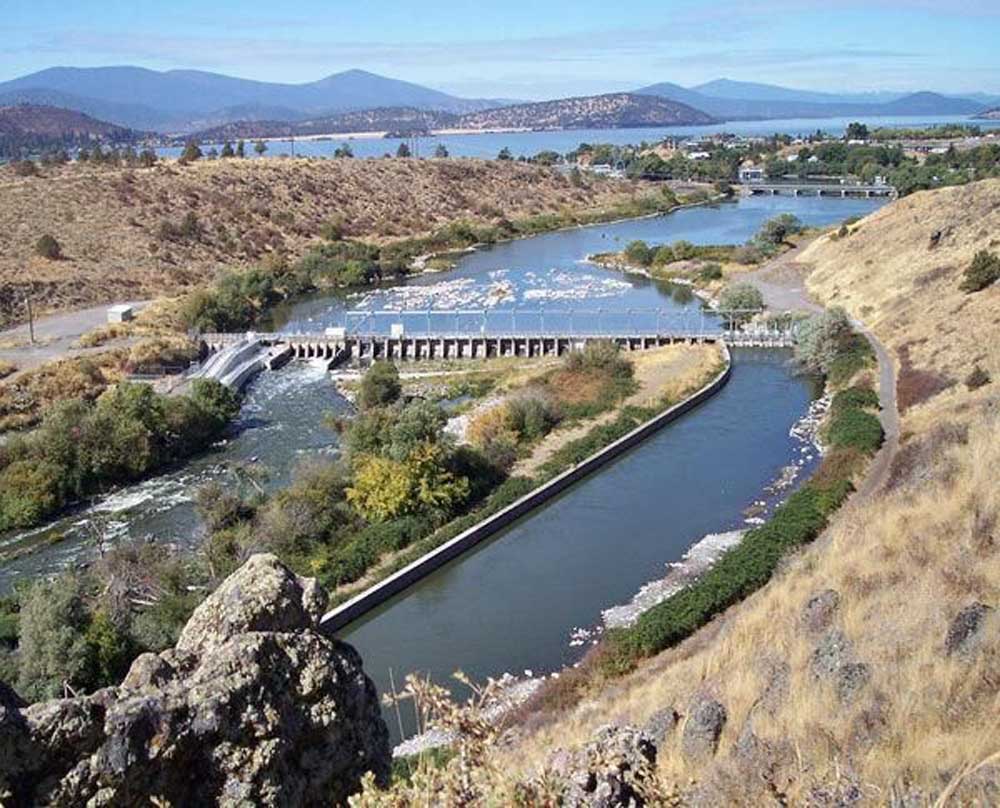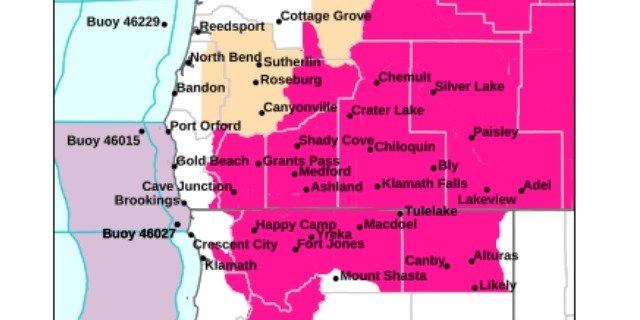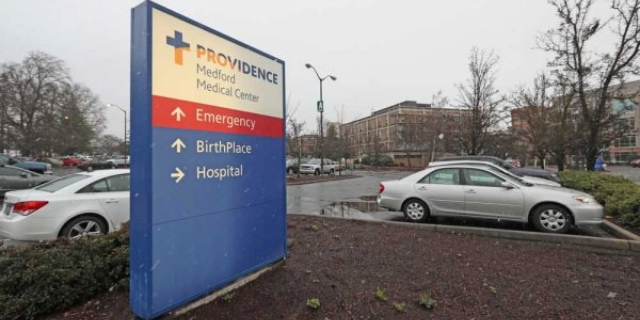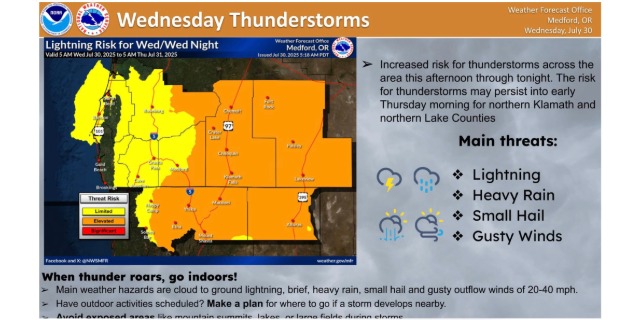Sen. Wyden delivers win for Klamath Project irrigators
Published 10:00 am Thursday, December 26, 2024

- Water flows through the Link River Dam on its way downriver. Upper Klamath Lake and the Cascade Mountains can be seen in the distance.
On a motion by Sen. Ron Wyden, D-Ore., the U.S. Senate passed HR 7938 last week, which fulfills financial and regulatory commitments made years ago to Klamath Project irrigators.
Trending
“Sen. Wyden has led the charge on this legislation for a long time,” Klamath Water Users Association president Tracy Liskey said in a statement released Friday. “He and Sen. Merkley have pushed for it for years.”
Because HR 7938 passed the House of Representatives as well, it is headed to President Biden’s desk and expected to become law before the end of this year.
“Don’t ask me how, but the stars lined up,” Liskey said.
Trending
Under the legislation, federal agencies would not be allowed to pass on the costs of operating or maintaining the Link River and Keno dams. This infrastructure was built and operated for generations by PacifiCorp, which also operated four hydroelectric generation facilities at downstream locations on the Klamath River.
With the downstream hydropower dams being removed, the U.S. Bureau of Reclamation agreed to take over Link River and Keno dams, but irrigators were concerned they would be asked to pick up the costs of operating and repairing the remaining infrastructure, which still provides multiple public benefits.
“With this legislation being enacted, farmers and ranchers cannot be stuck with that financial burden,” KWUA executive director and counsel Paul Simmons said in a statement.
The legislation would also provide the authority and tools needed for keeping a promise that upstream migration of salmon and steelhead would not impose new regulatory burdens by providing a mechanism for the Bureau of Reclamation to install and pay for costly measures such as fish screens that would not otherwise be needed.
Finally, the legislation would allow the Bureau of Reclamation to reimburse a portion of the costs that Tule Lake Irrigation District incurs for operating D Pumping Plant, a facility that provides benefits and water to two national wildlife refuges.








